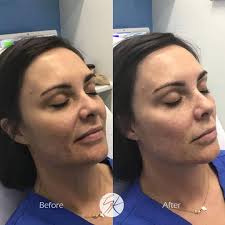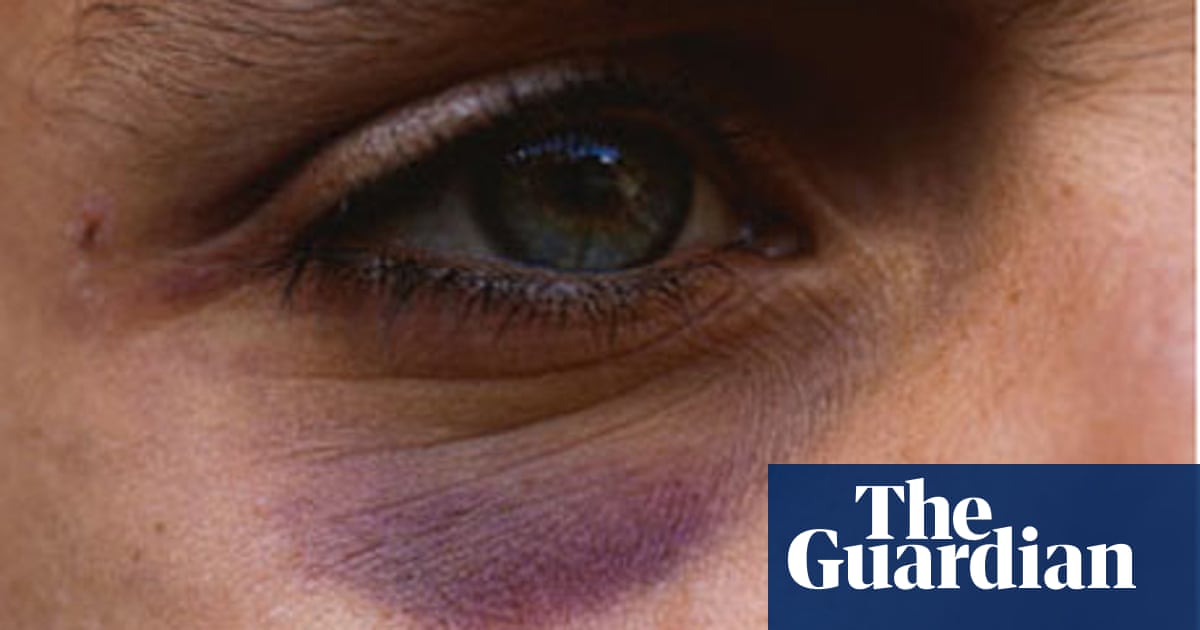
Botox is a popular remedy for migraines. It blocks the action of Acetylcholine, which is a chemical that causes muscle contractions. Although the treatment is not suitable for all, many have reported a reduction in pain or even complete elimination. It is becoming more popular among migraine sufferers. Botox is safe and has few side effects.
Botox blocks the release acetylcholine
Botox blocks the brain's release of acetylcholines, which are responsible to pain signals. This stops migraines from happening by preventing abnormal muscle contractions and stiffness. It's safe and effective in treating migraines.
Botox is injected into the affected area with tiny needles. It can be done in a matter of minutes, while the patient remains seated or lying down. Botox doesn't penetrate deep into muscles like regular shots.

It reduces muscle contractions
Botox, which is an injectable drug, is approved as a treatment for chronic headaches. The FDA-approved drug contains purified botulinum toxin, which helps to relax muscles and reduce headache frequency. Botox is typically administered in very small amounts to treat migraines. The procedure involves the application of an anesthetic cream.
The drug has also been approved for the treatment and prevention of certain forms of muscle spasticity. This disorder causes the muscles to contract uncontrollably and can affect the eyes, face, arms, legs, and feet. It can also be a sign of a neurological disorder or stroke. Around twenty-to thirty percent of stroke victims will experience some form of spasticity.
It is secure
Botox is a neurotoxin that Clostridium botulinums bacteria makes. It can be dangerous if taken incorrectly and can lead to botulism. Botox blocks nerve signals and paralyzes the muscles. The toxin is not passed through the stomach, so it is not absorbed into your bloodstream. The treatment may be helpful for a variety of conditions, including spasms, tics, and wrinkles.
Although rare, allergic reactions may occur to the toxin in some individuals. In rare cases, reactions may cause swelling, difficulty swallowing, or hives. These side effects are temporary and not enough to disqualify patients from Botox treatment. To prevent allergic reactions, patients are advised to consult their physician before consuming Botox.

Only people suffering from chronic migraines can access it on the NHS
Botox is a prescription drug that is only available through the NHS to people suffering from chronic migraines. The drug is a protein produced by the bacterium Clostridium botulinum. It was first introduced to treat eye disorders, but has since been used to treat a variety of conditions, including migraine. It is only currently available in the United Kingdom, Scotland and Northern Ireland for chronic migraines. The Department of Health has also approved the NICE appraisal.
Although they may not be suitable for all patients with chronic migraines, injections can still be used for those who have exhausted other options. Bash and the Migraine Trust support its use on NHS and believe it should be made available to all who require it. According to the NHS website patients suffering from chronic migraines should be eligible for Botox injections if their condition has not been managed with preventative medicines.